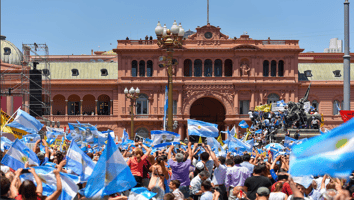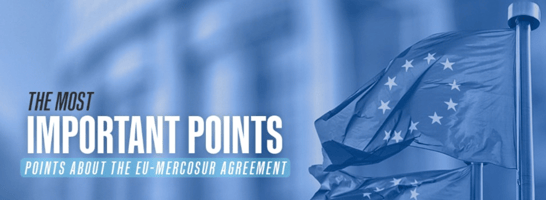Argentina
LatAm and its big 2022 elections
In 2022, Latin America will see three presidential elections – namely in Costa Rica, Colombia and Brazil. Compared to 2021, it’s not a high number, but the elections are important, big and dramatic. The contenders for the presidential seat include formerly convicted, a judge and a former guerilla.
How much do you know about the elections and electoral systems of the three Latin American countries?
Brazil
In Brazil, elections October 2 will determine the President, vice president, 27 out of 81 senators, all members of the Chamber of Deputies, all governors and state legislators.
Voting in Brazil is compulsory. Turnout, however, averages 79.54 percent.
The elections this year is big, but the headline is without a doubt the presidential seat. The current President Bolsonaro is widely criticized for his handling of the pandemic and downward spiraling economy.
In the other corner is Lula (Workers Party), who served as the President of Brazil between 2003-2010. Lula was jailed for corruption when Bolsonaro won the Presidential election in 2018. With the charges annulled, Lula is running for President, and led in recent polls by 27 points.
Colombia
May 29, the Colombian population will be electing its President, vicepresident, all 102 seats in the Senate, and all 188 seats in the House of Representatives.
On average, 45.15 percent of Colombians vote, but maybe this year will see a higher voting percentage, as Colombians are not happy – and it shows. In a poll in December 2021, 80 percent said the country is on the wrong path. It is unlikely that the current President Duque will win reelection.
Voters are frustrated by economic malaise during the pandemic and the country’s security forces.
The contendors for the Presidential seat include the former M-19 guerilla Gustavo Petro, former mayor of Medellín Sergio Fajardo or ex-Senator Juan Manuel Galán.
Costa Rica
Economist Rodrigo Chaves, a right wing former finance minister, won the presidential election in Costa Rica April 3. The election fell amid rising unemployment and soaring budget deficit. Chaves won comfortably with 53 percent of the vote to centrist former President (1994-1998) Jose Maria Figueres. Turnout was, however, the lowest in decades. The new President Chaves, has been under investigation for allegedly running an illegal parallel campaign financing structure. He was also accused by multiple women of sexual assault – he has denied the accusations, but the charges cost him his position at the World Bank. His combative style and confrontational approach to the media have earned him comparisons to former US president Donald Trump.
Costa Rica slipped into deeper debt during the COVID-19 pandemic, which hobbled its lucrative eco-tourism industry.


